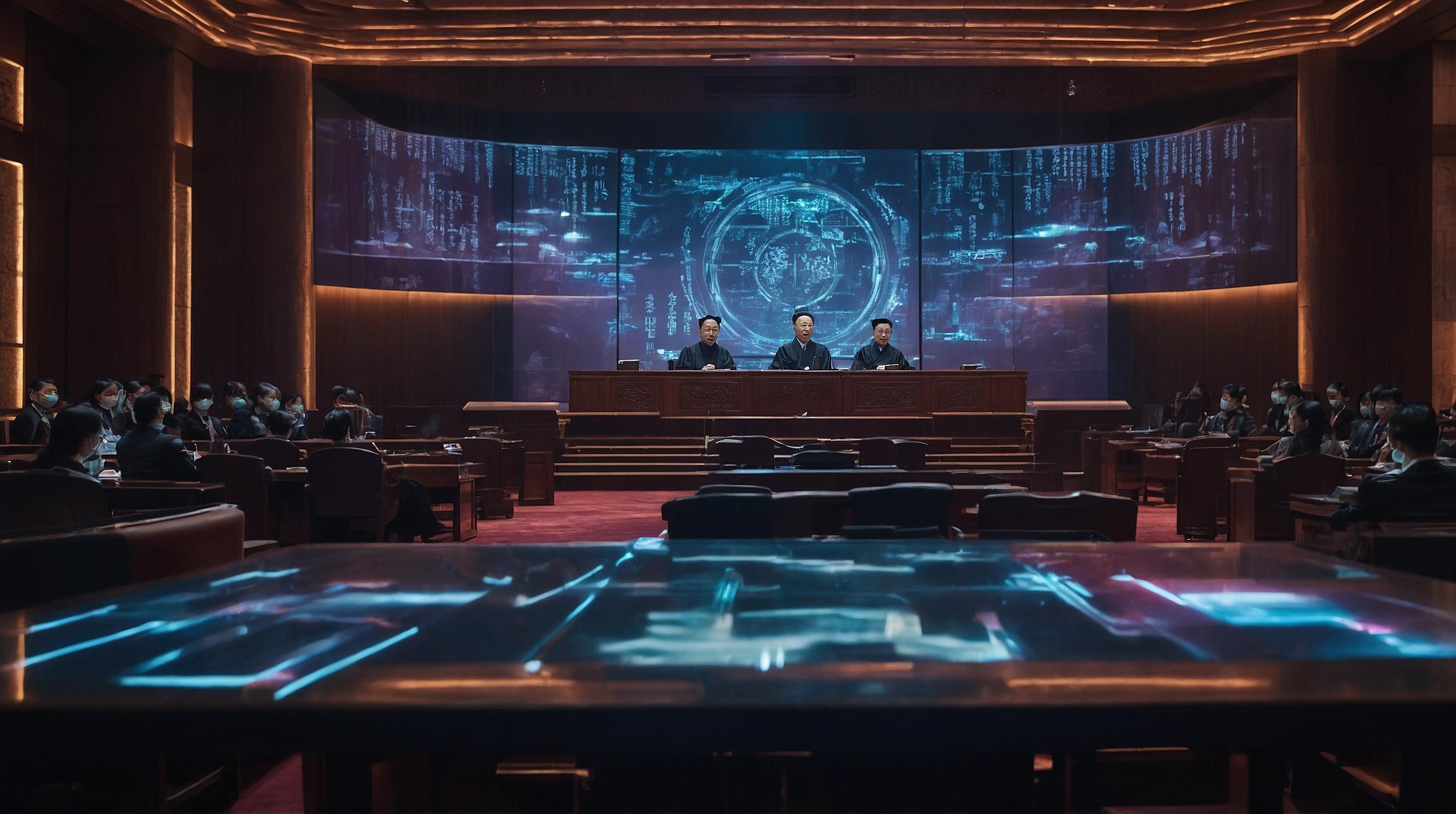Shifting Tides: The Decline of Japan’s Gaming Empire and the Rise of Global Competition
Once the unrivaled leaders of the video game industry, Japan’s gaming giants are facing a formidable challenge. Today, we delve into the factors contributing to this decline, the impact on major companies like Sony and Nintendo, and the emerging competition that is reshaping the global gaming scene.
The console and mobile gaming markets in Japan are undergoing a seismic shift as global competition rises. Previously dominant Japanese companies Sony and Nintendo are now facing decline. Factors contributing to this decline include a saturated market, innovation fatigue, and a divided consumer base. Sony’s revision of its sales forecast for the PlayStation 5 signals a broader trend affecting the entire console market. Additionally, consumer spending on mobile games has decreased, challenging the notion that mobile gaming’s accessibility would guarantee its dominance.
The challenges faced by the gaming industry go beyond financial implications. Job cuts in game development companies underscore the volatility of the sector and represent a loss of talent and creativity. This industry volatility is not limited to Japan, as Microsoft also struggles to compete with Sony and Nintendo in a market that demands constant evolution.
In response to the decline, Nintendo plans to release a new console. This decision highlights the unpredictable nature of the gaming market and underscores Nintendo’s willingness to reinvent itself, keeping it afloat in the fiercely competitive landscape. However, the global gaming market, once dominated by Japanese companies, has become a battleground where new players are emerging. The introduction of powerful game consoles like the Xbox challenged Japan’s influence and paved the way for a more diversified and competitive industry. The transition from a Japanese-centric gaming world to a global marketplace has been rapid and relentless, forcing established players to adapt or risk obsolescence.
As traditional gaming companies navigate these challenges, a new player, NextPlat Corp., emerges. In partnership with Web3MediaWire, NextPlat Corp. is poised to redefine the gaming landscape. This collaboration signifies the industry’s evolving dynamics, where technology, entertainment, and communication blur, creating new opportunities and challenges. As the industry moves towards Web3 and other emerging technologies, companies like NextPlat Corp. and platforms like W3MW are at the forefront, driving innovation and shaping the future of gaming.
In conclusion, the video game industry is at a crossroads, with the decline of Japan’s gaming giants signaling a shift towards a more competitive and globalized market. Companies like Sony and Nintendo must adapt and innovate in the face of rising global competition and changing consumer preferences. The future of gaming will be defined by those who can navigate the complexities of this ever-changing landscape.
Analyst comment
Neutral news.
The decline of Japan’s gaming giants signals a shift towards a more competitive and globalized market. Sony and Nintendo must adapt and innovate to compete with rising global competition. The future of gaming will be defined by those who can navigate the complexities of this ever-changing landscape.













